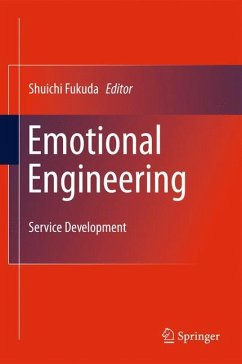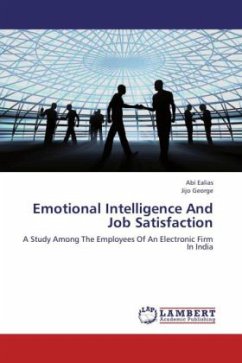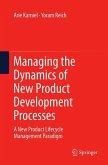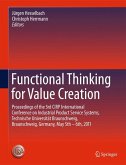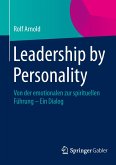In an age of increasing complexity, diversification and change, customers expect services that cater to their needs and to their tastes. Emotional Engineering describes how their expectations can be satisfied and managed throughout the product life cycle, if producers focus their attention more on emotion.
Emotion plays a crucial role in value recognition, but it is also important for team work, which extends beyond human-human to human-machine and human-environment to enable people to cope with frequently and extensively changing situations. Emotional Engineering proposes the development of services beyond product realization and the creation of value on a lifetime, not just a one-off, basis. As emotion is very much multidisciplinary, chapters cover a wide range of topics that can be applied to product development, including:
- emotional design in the virtual environment;
- shape design and modeling;
- emotional robot competence; and
- affective driving.
Emotional Engineering is intended to provide readers with a holistic view of its research and applications, enabling them to make strategic decisions on how they can go further beyond product realization. It is recommended for all pioneers in industry, academia and government, who are trying to work with their customers to create value.
Emotion plays a crucial role in value recognition, but it is also important for team work, which extends beyond human-human to human-machine and human-environment to enable people to cope with frequently and extensively changing situations. Emotional Engineering proposes the development of services beyond product realization and the creation of value on a lifetime, not just a one-off, basis. As emotion is very much multidisciplinary, chapters cover a wide range of topics that can be applied to product development, including:
- emotional design in the virtual environment;
- shape design and modeling;
- emotional robot competence; and
- affective driving.
Emotional Engineering is intended to provide readers with a holistic view of its research and applications, enabling them to make strategic decisions on how they can go further beyond product realization. It is recommended for all pioneers in industry, academia and government, who are trying to work with their customers to create value.

